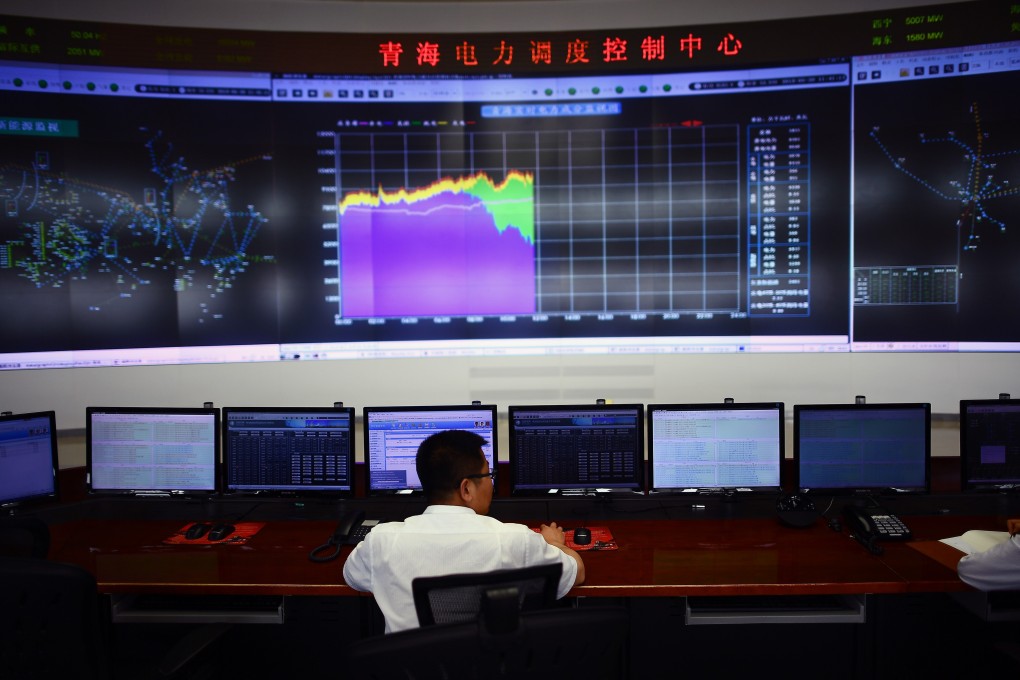Chinese tech giants team up with State Grid on new digital infrastructure for energy sector
- The investment follows the direction set by Premier Li Keqiang last month, when he announced details of the government’s 3.6 trillion yuan fiscal stimulus package
- Last month Tencent said it planned to invest 500 billion yuan over the next five years in new digital infrastructure

The Chinese government-backed State Grid Corporation plans to invest 24.7 billion yuan (US$3.48 billion) this year in digital infrastructure to bolster Beijing’s efforts to kick start economic recovery in the wake of coronavirus lockdowns.
The world’s largest utility has signed strategic cooperation agreements with four Chinese tech giants including Huawei Technologies, Alibaba Group, Tencent Holdings and Baidu, State Grid spokeswoman Wang Yanfang told state broadcaster CCTV on Monday.
It will also boost cooperation with local governments, enterprises and research institutes to build new digital infrastructure in the energy sector, including big data centers, the industrial internet, 5G networks and artificial intelligence.
The investment follows the direction set by Premier Li Keqiang last month, when he announced details of the central government’s 3.6 trillion yuan fiscal stimulus package at the National People’s Congress. As part of that programme, Beijing will also issue 1 trillion yuan of special treasury bonds for the first time since 2007.
With the agreement, “Baidu is speeding up its step into new digital infrastructure in the energy sector,” the search giant said in a statement on Monday.
Tencent, Alibaba and Huawei had no further comment on their cooperation with State Grid. However, their participation in the digital infrastructure plan comes as the coronavirus outbreak accelerates adoption of technologies such as telemedicine, online education and unmanned deliveries.